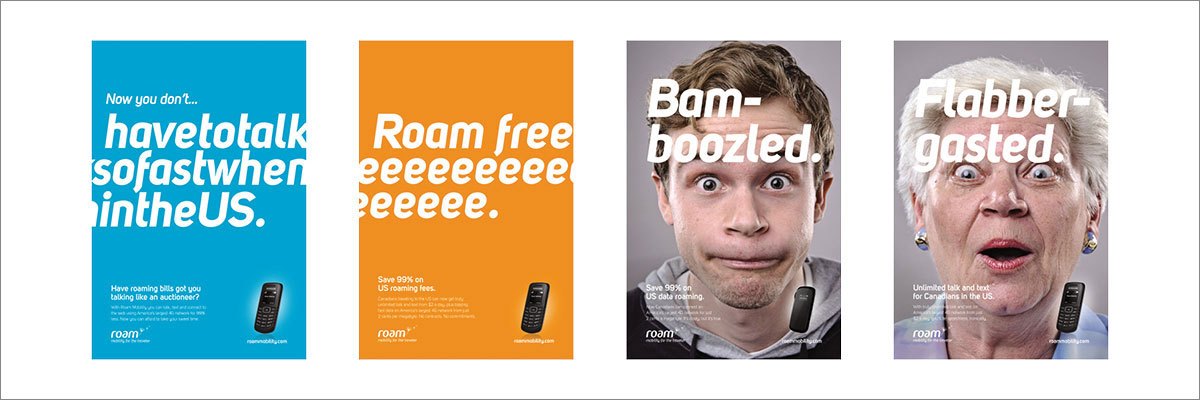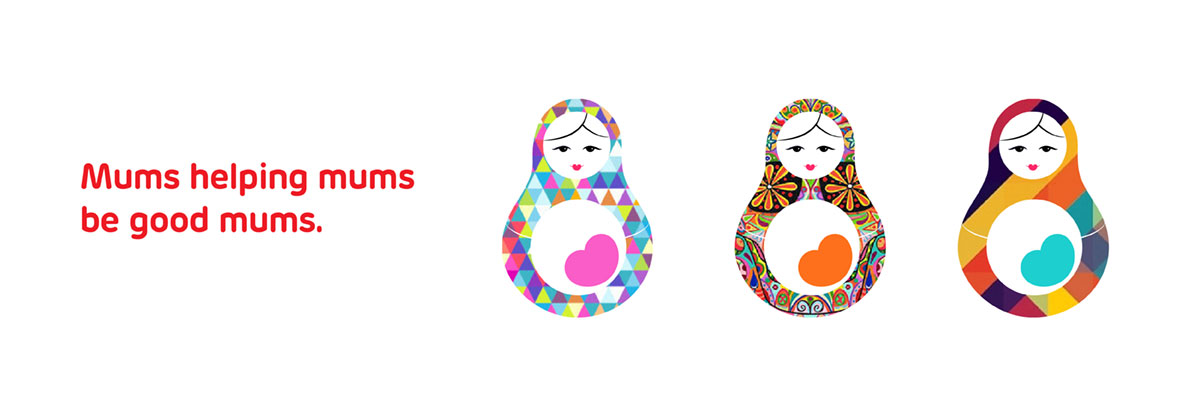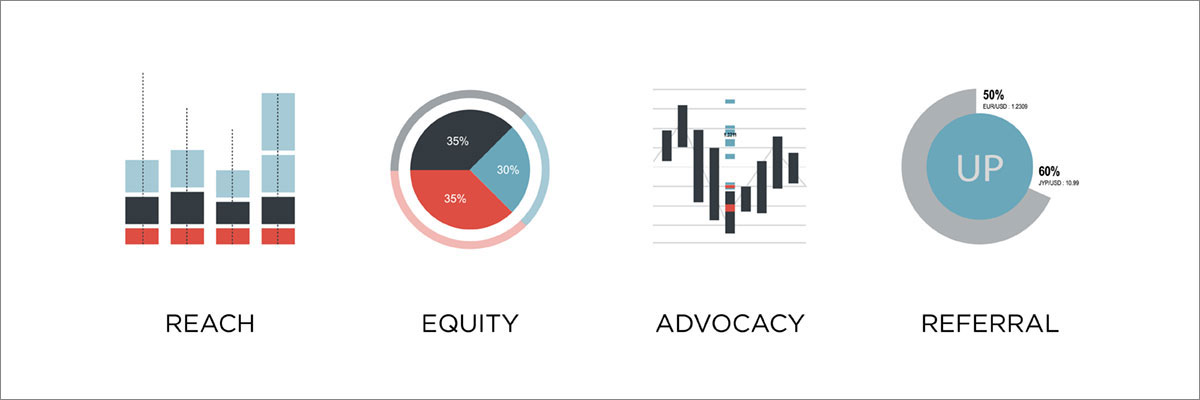Why have a business when you can have a brand?
Did you catch Super Bowl Sunday? Over 100 million people did, and some just to watch the commercials. The cost of a 30-second ad? $7.7 million USD. But these advertisers weren’t buying eyeballs, they were buying hearts and minds. Companies that invest that kind of money have more to say than what they have to sell. These companies are brands, not businesses.

What are they selling?
Nostalgia, love, sex, a sense of belonging, patriotism, the warm fuzzies we get from charitable acts … all the grey matter that contributes to our self-image that, in turn, appeals to our buying psychology.
What are they really selling?
Beer:. Stella Artois teamed up with celebrity Matt Damon to promote its partnership with the NGO Water.org. Buy a Stella Artois chalice – and be a part of providing clean water to marginalized communities.
More Beer: Bud Light chose to capitalize on our love for the modern vernacular using the wildly popular Game of Thrones.
Soda: Pepsi’s remake of the 1992 classic Super Bowl ad with supermodel Cindy Crawford brings back memories and creates new ones. Pepsi also chose to sponsor the Super Bowl, giving the soft-drink company a rumoured estimated $32 million worth of Brand value.

Brand Value. What’s that?
Brand value is why having a brand-based business vs. a product-based business will give a company an exceptional advantage. In other words, it’s everything. Understanding how powerful a force branding can be – is being woke to the fact that a big part of consumer intimacy, advocacy, retention and sales has little to do with the product. You may have a drop-dead amazing product and a stellar business team, but its success is dependant on the product’s personality, the consumers’ gut response and its appeal to their self-image.
Assets and economics vs. attitudes and emotions.
The nuts and bolts of a business are the tangibles that create and move a product. The finger on the pulse of hopes, dreams, and irrational desires are what make a product movable and memorable, to begin with. Products are created in a factory; brands are created in the hearts and minds of people. Products create a functional benefit; brands fulfill an emotional benefit. Products can be copied and replaced. Brands? Attachment creates a perceived value a product just can’t do on its own. When you become a part of a consumer’s story, you’ve changed the rules to your own game. To persuade a buyer, you need to not only design a product, but design how they feel about it, too.

The bottom line.
The value of a product-based business can be assessed by its assets and sales. Conversely, a brand-based company is based on potential. Brands consistently outperform businesses. Why? Brand value can escalate by hundreds of millions of dollars. Just ask Apple, Google and Coca-cola. Considering a business without investing in its brand – well, that would be like throwing the beer out before the Superbowl.